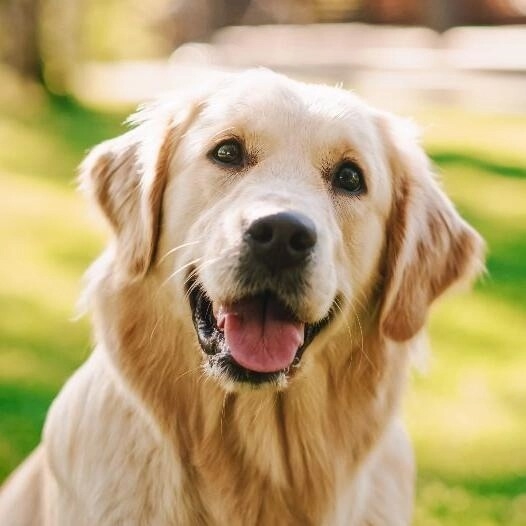
<br>The canine parvovirus or CPV is a contagious virus in young dogs that spreads through direct or indirect contact with their faeces, which means that it can be transferred through the air and via touch.
Although vaccines can prevent this infection, many cases lead to hospitalisation of the dogs.
According to veterinarians, they are receiving nearly 40 cases of parvovirus per week.
Parvovirus usually makes an appearance in puppies during winter but this time, it has struck in summer.
Neeta Ghoshal, who feeds dogs in her neighbourhood, gets them neutered and vaccinated, said that this is the first time she is seeing an outbreak of parvovirus in the summer.
Dr Rajeev Pandey, a veterinarian, said, “The symptoms are typically vomiting, loose motion, loss of appetite — in the later stages the dogs vomit blood and there are traces of blood in their stool as well.”
The most effective way of prevention is early detection and vaccination, which needs to be renewed almost yearly.
“Once parvovirus is detected in a puppy, it should be immediately quarantined and their diet should be stopped,” he said. This infection is seen primarily in dogs of two months to three years old, and it is rarely seen in older dogs.
“The symptoms are like that of gastroenteritis and therefore it is often confused for the same. If parvovirus is detected in a dog, their diet should be stopped entirely as they are bound to throw up that food and water, and many of them even die due to dehydration in such cases,” he said.
Once symptoms are detected, the dog should be taken to a veterinarian for treatment as then they can be administered medication through intravenous drips, said Dr Pandey.
Vishakha Shukla, founder of Nawabi Tails, an animal rescue shelter, said, “Right now, I have six cases of parvo at my shelter — this is not normal at all. Since not a lot of veterinary research goes on in India, we are not yet aware of the reason for this possible mutation of the virus. The parvovirus is typically unable to exist in high temperatures, but lately that has not been the case.”
“It is important to deworm the litter monthly for the first few months after birth and administer the vaccine too. Since parvo is a communicable infection, if one puppy in the litter gets it, very often the entire litter contracts the virus too,” she said.
–IANS<br>amita/prw/dpb
No related posts.










